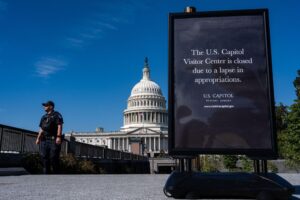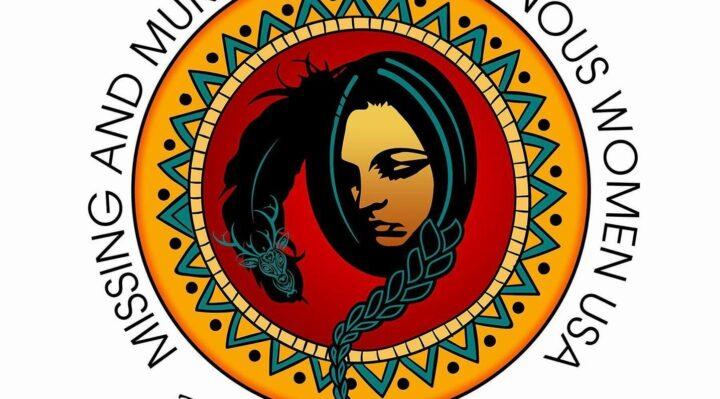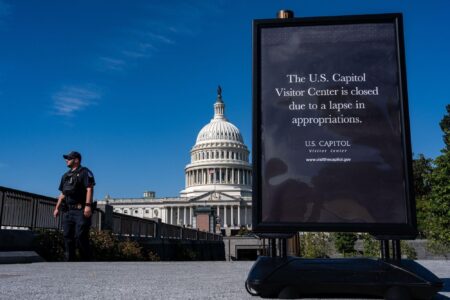Uniting Eastern Washington to Address the Missing and Murdered Indigenous People Crisis
Across Eastern Washington, communities are joining forces to spotlight the critical issue of Missing and Murdered Indigenous People (MMIP). In Spokane and neighboring regions, a series of thoughtfully organized events is drawing hundreds of participants‚ÄĒincluding tribal leaders, activists, and concerned citizens‚ÄĒwho are dedicated to raising awareness, seeking justice, and fostering healing for Indigenous families affected by this ongoing crisis. These gatherings incorporate candlelight vigils, educational seminars, and traditional cultural ceremonies to honor those lost and support their communities.
Event organizers stress the necessity of sustained public involvement and legislative reform to tackle the systemic factors fueling the MMIP epidemic. Attendees exchange vital information on prevention strategies, reporting mechanisms, and advocacy opportunities. Central themes addressed during these events include:
- Enhanced collaboration between tribal, state, and federal law enforcement agencies
- Community-driven safety initiatives tailored specifically for Indigenous populations
- Expanded access to support networks for families of missing and murdered individuals
- Awareness campaigns designed to disrupt cycles of violence and neglect
| Event | Date | Location |
|---|---|---|
| Candlelight Vigil | June 12 | Spokane Tribal Plaza |
| Community Workshop | June 15 | Coeur d’Alene Casino Conference Room |
| Public March | June 18 | Downtown Spokane |
Understanding the Root Causes and Barriers Facing Indigenous Communities
The MMIP crisis in Eastern Washington is deeply intertwined with a long history of systemic oppression, cultural displacement, and socio-economic hardships endured by Indigenous peoples. Historical injustices such as treaty violations, forced relocations, and institutional neglect have left many tribal members vulnerable to violence and marginalization. High poverty rates, limited healthcare access, and under-resourced law enforcement compound these vulnerabilities, perpetuating the tragic reality of missing and murdered Indigenous individuals.
Effectively confronting these challenges demands a comprehensive strategy that blends grassroots community efforts with policy-level reforms. Some of the primary obstacles include:
- Jurisdictional complexities: Overlapping authority among tribal, state, and federal agencies often causes delays in investigations and case resolutions.
- Insufficient data collection: Gaps and inaccuracies in reporting hinder the ability to track cases and allocate resources appropriately.
- Cultural invisibility: The erasure of Indigenous histories and voices contributes to neglect and a lack of public awareness.
| Challenge | Effect | Proposed Solution |
|---|---|---|
| Jurisdictional Conflicts | Investigation delays and case backlogs | Formalized interagency cooperation agreements |
| Data Deficiencies | Misallocation of resources and underreporting | Enhanced data collection and transparent reporting systems |
| Cultural Marginalization | Distrust and disengagement within communities | Community outreach programs emphasizing cultural respect and inclusion |
Highlighting Eastern Washington Organizations Driving Change and Support
Several committed organizations in Eastern Washington are pivotal in confronting the MMIP crisis. Groups like Women of All Red Nations (WARN) and the Missing & Murdered Indigenous Women (MMIW) Alliance have played crucial roles in elevating awareness, offering assistance to affected families, and pushing for legislative reforms at both local and national levels. These organizations work hand-in-hand with tribal authorities and law enforcement to streamline reporting processes and ensure thorough investigations.
Grassroots initiatives also energize public participation through educational forums, remembrance ceremonies, and survivor narratives. These efforts prioritize cultural sensitivity and amplify Indigenous perspectives, fostering solidarity across diverse communities. Key local organizations include:
- Native Project Spokane: Combines HIV prevention with MMIP awareness through culturally informed outreach programs
- Eastern Washington Indigenous Women’s Coalition: Advocates for Indigenous women and families by providing vital resources and support
- Spokane Tribal Victim Services: Delivers victim assistance and legal support tailored to tribal community members
Ways for Residents to Engage and Support MMIP Initiatives
Individuals eager to contribute to the fight against the Missing and Murdered Indigenous People crisis can participate in numerous meaningful ways. Attending local vigils, marches, and panel discussions not only pays tribute to victims but also educates the wider community about the urgent need for systemic change. Volunteering with Indigenous-led organizations and advocacy groups offers hands-on involvement in outreach and support services. Additionally, residents can support fundraising efforts or donate to reputable nonprofits dedicated to MMIP awareness and family assistance.
Practical actions community members can take include:
- Participate in community forums to stay informed and advocate for effective local and legislative responses.
- Distribute educational content via social media platforms and neighborhood networks to broaden awareness.
- Lobby policymakers by contacting elected officials to promote stronger protections and investigative resources.
- Support Indigenous-owned enterprises and cultural projects to bolster community resilience and heritage preservation.
| Event Type | Objective | How to Get Involved |
|---|---|---|
| Remembrance Vigil | Honor victims and their families | Attend with signs, stories, or personal reflections |
| Educational Panel | Raise public understanding | Engage by listening, asking questions, and sharing insights |
| Community March | Increase visibility and solidarity | Join the march or organize local walks |
| Fundraising Event | Support victim services and advocacy | Purchase tickets or contribute donations |
Conclusion: Key Insights on the MMIP Crisis in Eastern Washington
The ongoing crisis of Missing and Murdered Indigenous People continues to profoundly affect communities throughout the Pacific Northwest. In Eastern Washington, coordinated efforts through education, remembrance, and advocacy are vital in honoring victims, raising public consciousness, and demanding systemic reforms. Active community participation and informed engagement remain essential as Spokane and its neighboring areas unite to confront this persistent tragedy and strive toward lasting solutions.





